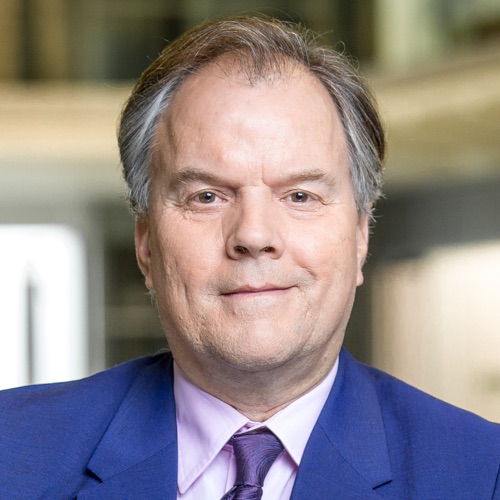How 9/11 hit the ‘Little Apple’
Manhattan is a town of 52,000 souls.
A cast iron American Eagle spreads its wings in front of the courthouse, the inevitable US flags flutter listlessly in the hot late summer wind and the tallest building is the water tower adorned with a red apple.
Manhattan, Kansas. Welcome to the Little Apple.
The place was founded more than 150 years ago by settlers from “the other Manhattan” who had hoped to create a rival New York in the never ending flatness of Kansas. This is the geographical middle of Middle America, a place about as far removed from any ocean as you can be in the United States.
Here too of course they were glued to their TV screens on 9/11. Here too they learned the words jihad and Al Qaeda for the first time. The town wept with namesake solidarity and quietly appreciated the benefits of obscurity.
It also thrived thanks to the so called war on terror which amounted to a local stimulus package. Fort Riley down the road is the area’s biggest employer, a city in its own right with 18 000 soldiers and their families.
It is here amongst the helicopters and the hardware returning from Iraq, heading to Afghanistan that you hear moving stories of lives changed and personal sacrifice.

Sitting on the only hill overlooking the base Sergeant Peter Rosie told me how as a paramedic he helped to treat the dying and still living in the dust of Ground Zero. At the age of 45 he decided to enlist in the US army, “primarily out of revenge”, he admits.
There are tens of thousands like him but what makes his story compelling is that his parents were from Edinburgh, he served in the Black Watch regiment of the British Army and he still has a British passport, even though he has lost all trace of a Scottish accent.
The horrific images of 9/11 are etched into the memory bank of America. But the country has changed in ways that few could have imagined a decade ago. I arrived in the US for a year in 2002 when Americans were united in anger and a determination to teach the world a lesson.
But two wars and a recession later this once all bestriding colossus has had to come to terms with its limitations. Cruise missiles were useless against IEDs hidden in discarded coke cans. America’s moral high ground has been polluted by Guantanamo Bay, Abu Ghraib and water boarding.
The political gridlock in Washington has too often rendered the world’s most powerful democracy dysfunctional and impotent. A President that swept to power on a wave of hope and change has presided over a mood in which most Americans believe that the next generation will be worse off.
Aspiration has run out of breath. In Manhattan, Kansas too the economic pulse is weak behind the well groomed facades on Poyntz. The unemployment rate is 9.1 percent, uncannily reflecting the national average.
We met Daniel Bostrom, a trained engineer who once worked on America’s nuclear submarines before he pursued his dream of becoming a goldsmith. Daniel dresses immaculately as if a job interview could be sprung upon him at any time.
But in 11 months of unemployment and countless applications he has had only one fruitless interview and his eyes well up at the prospect of never ending unemployment. A member of the swelling ranks of America’s middle class nouveau poor, he holds out very little hope that President Obama’s speech on jobs will actually get him one.
And yet, like so many others, ask him if the American Dream is now just a piece of reverie and he fires back with an indignant “NO”.
He is still a believer. On 9/11/11 America’s statistics are enough to inspire despair and Barack Obama is being compared less to Abraham Lincoln and more to Jimmy Carter.
But even in Manhattan, Kansas, which was last relegated to ghost town during the Great Depression, it would be foolish to talk about permanent decline.
– Matt Frei
Follow @mattfrei on Twitter

